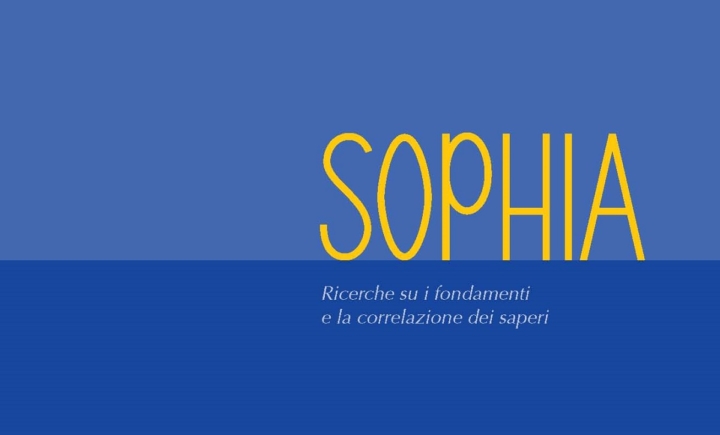ΕΡΧΕΘΑΙ ΩΡΑ ΚΑΙ ΝΥΝ ΕΣΤΙΝ: “nel giorno spirituale della presenza”

Per visualizzare l’articolo scaricare pdf del fascicolo 2020/1
Vitiello rilegge la riflessione hegeliana sul tempo alla luce del versetto del IV Vangelo – “Viene l’ora ed è adesso” –, confrontandola con le molteplici interpretazioni del rapporto tra la totalità dell’orizzonte temporale (Hóra) e il ‘momento’ (nýn) della sua ‘rivelazione’, date nel corso della storia: da Agostino a Nietzsche e Borges, passando per Hölderlin e Dostoevskij. L’esito è il passaggio – vero e proprio – dal primato della Hóra a quello del nýn, non più “momento” interno alla Hóra, ma in-stante sospeso tra il movimento reale del tempo e la possibile quiete del Nulla di tempo. Questo ‘in-stante’, e sol esso, ché apre al mistero del Possibile, merita oggi la definizione hegeliana di “giorno spirituale della presenza”.
